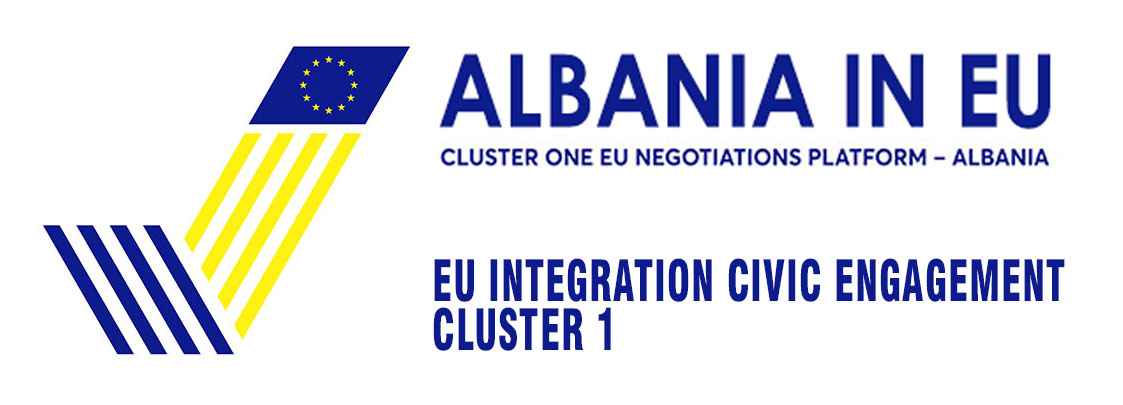Chapter 18: Statistics
The acquis in the field of statistics requires the existence of a statistical infrastructure based on principles such as impartiality, reliability, transparency, confidentiality of individual data and dissemination of official statistics. National statistical institutes act as reference and anchor points for the methodology, production and dissemination of statistical information. The acquis covers methodology, classifications and procedures for data collection in various areas such as macro-economic and price statistics, demographic and social statistics, regional statistics, and statistics on business, transport, external trade, agriculture, environment, and science and technology. No transposition into national legislation is needed as the majority of the acquis takes the form of regulations.
Council and Parliament regulations and directives, Commission decisions, European Court of Justice decisions, EU Commission recommendations
- Introduction to the legal framework for European Statistics
- Statistical confidentiality and disclosure protection
- ESS classifications
- Quality
- Macroeconomic indicator sets for EU policies: Euroindicators/PEEIs and Macroeconomic imbalance procedure (MIP) indicators
- ESA2010 Transmission programme
- Sector accounts, financial accounts, pensions in social insurance, financial indicators
- ESA 2010 methodology and GNI own resource
- Remuneration and Pensions of EU staff
- Purchasing Power Parities
- Harmonised indices:
HICP, HICP-CT, OOHPI, HPI - Balance of Payments and International Investment Position
- Agricultural and Fisheries Statistics
- Environment & sustainable development indicators
- Transport Statistics
- Introduction to NUTS
Nomenclature of territorial units for statistics - At the margin: By how much do social transfers reduce material deprivation in Europe?
- Inferring job vacancies from online job advertisements
- Gender pay gaps in the European Union — a statistical analysis
- Energy statistics
- Population and migration statistics
- Labour market
- Voluntary data collections:
Crime, HBS and TUS - ESSPROS – European System of integrated Social PROtection Statistics
- Tourism statistics: Explanatory meeting on Chapter 18
Legal acts, requirements and support - Structural business statistics (SBS) – acquis communautaire
- Industrial production Statistics – PRODCOM
- STS – Short-term business statistics
- Information Society Statistics
- International Trade in Goods Statistics (ITGS)
- Foreign affiliates statistics (FATS)
- Foreign Direct Investments and International Trade in Services
- EUROSTAT REVIEW ON NATIONAL ACCOUNTS AND MACROECONOMIC INDICATORS 2021
- Compendium of methodological clarifications — ESSPROS:
EUROPEAN SYSTEM OF INTEGRATED SOCIAL PROTECTION STATISTICS - Inferring job vacancies from online job advertisements
Law / Decision of council of ministers / Orders and Decision of INSTAT
Law no. 17/2018 On Official Statistics
Law no. 30/2022 Approval of the official statistics Program 2022-2026
Decision no. 3/2023 for the approval of the 2023 annual plan for the implementation of the official statistics program 2022-2026
Decision no. 40/2019 for the approval of the 2019 statistics plan
Decision no. 669, dated 7.11.2018 for the approval of the procedures, evaluation criteria and notification on deadlines for selection of candidates as “General Director of the Institute of Statistics”
Decision no. 393, dated 19.6.2019 on the types of statistical services that the Institute of Statistics offers to third parties against predetermined fees
Resolution for the evaluation of the activity of the Institute of Statistics for the year 2020
Resolution for the evaluation of the activity of the institute of statistics for the year 2019
